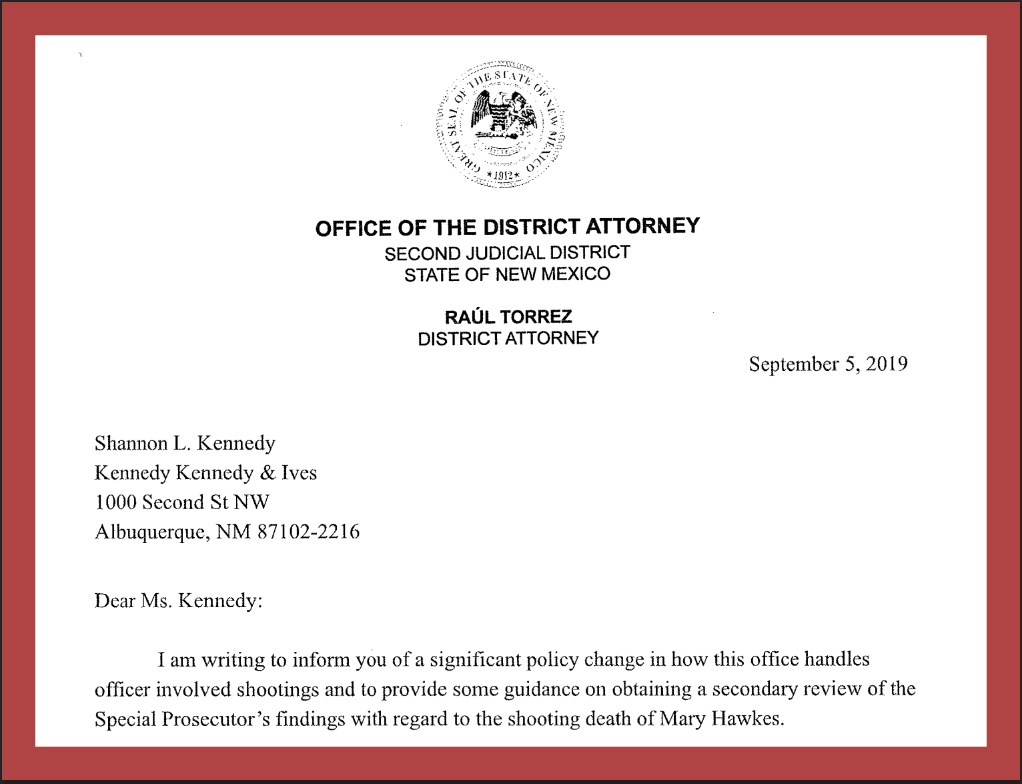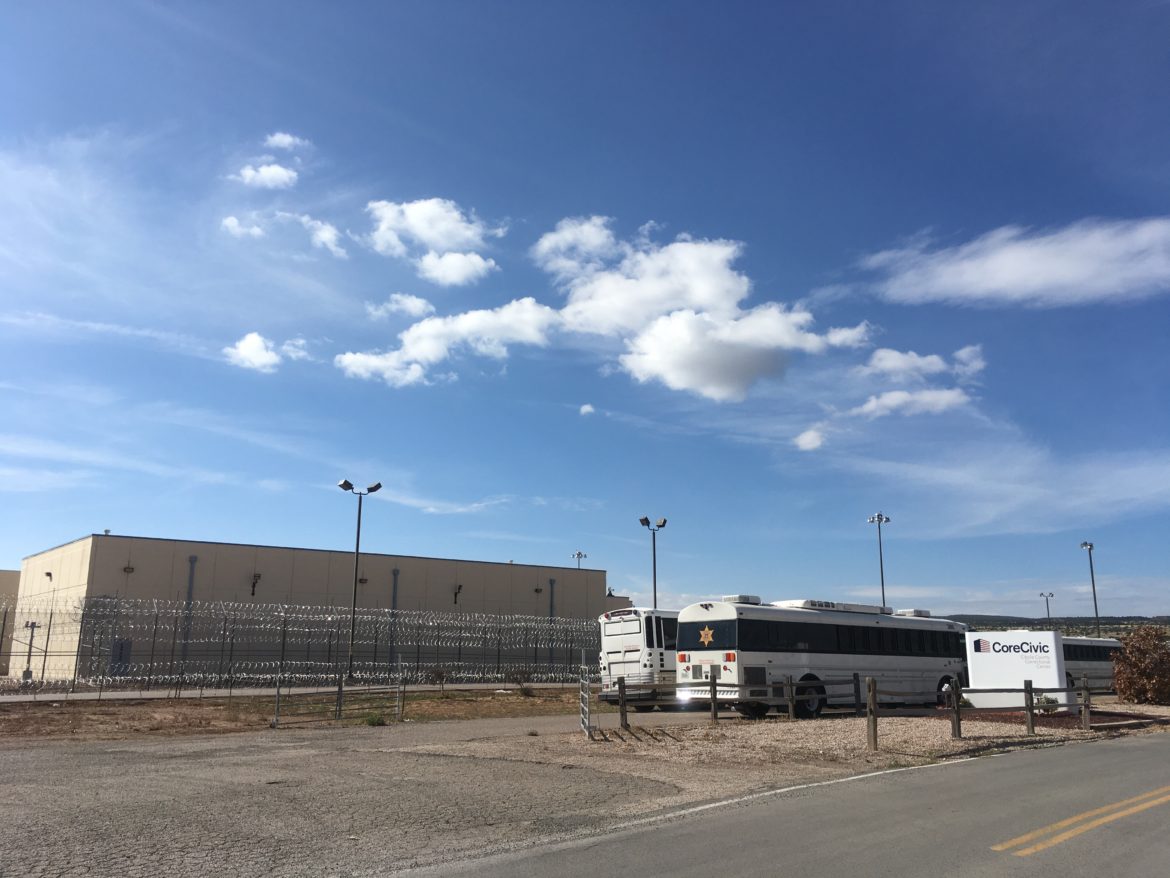A long-sought set of reforms to the way New Mexico jailers and prison officials use solitary confinement kicked in July 1, barring the practice for certain populations and starting the clock on what civil rights advocates and lawmakers hope will lead to unprecedented transparency on the controversial practice in the state. Effectively immediately, pregnant women and children can no longer be held in solitary, and beginning in November prisons and jails around the state will start publicly reporting how many people are being held in solitary. Insufficient data has for years frustrated lawmakers’ and others’ ability to understand the scale at which solitary confinement is used in the state’s jails and prisons.
State Rep. Antonio “Moe” Maestas, D-Albuquerque, co-sponsor of House Bill 364 during the legislative session that concluded in March, sent a letter to Gov. Michelle Lujan Grisham’s administration and officials who run the 33 county jails across New Mexico, reminding them of the new statute’s requirements. Among the changes is the state’s first universal definition for solitary confinement: holding someone in a cell alone for 22 or more hours a day “without daily, meaningful and sustained human interaction.”
Previously, jails and prisons were using a patchwork set of labels and standards to categorize solitary confinement, often frustrating lawmakers’ and others’ efforts to snap a true picture of how the tactic was used in New Mexico. The measure required prisons and jails to stop keeping children and pregnant women in solitary — except in extremely rare instances — on July 1.









